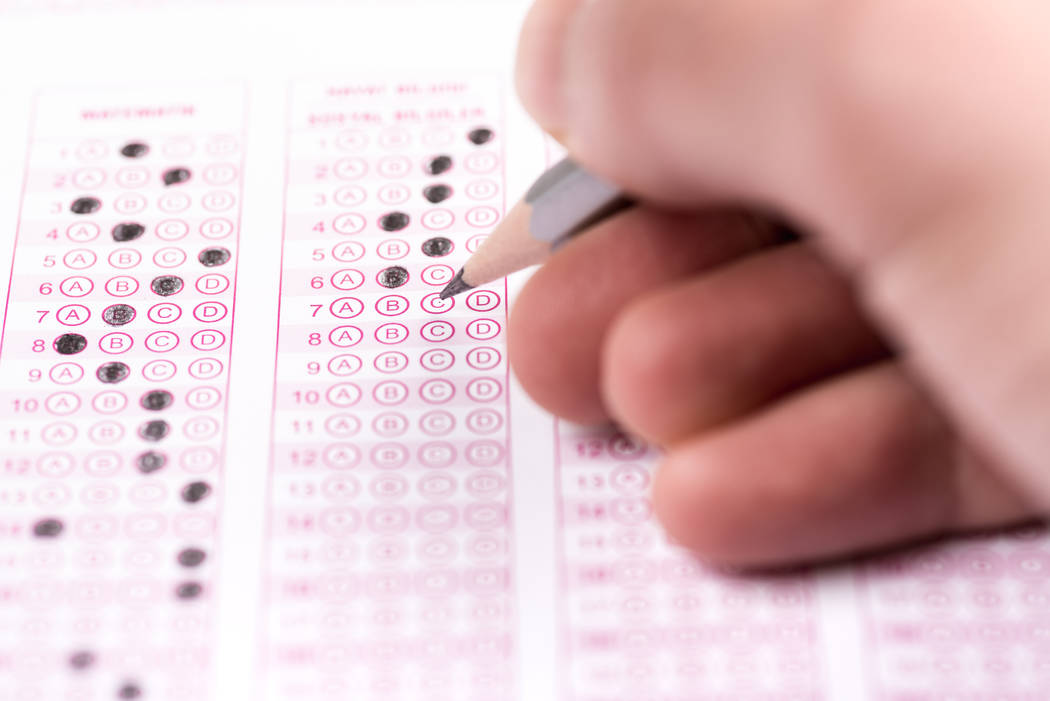EDITORIAL: Supreme Court case will indeed have national ramifications for school choice
Proponents of school choice received more good news last week in the wake of a U.S. Supreme Court decision involving a Missouri church and its preschool. As suspected, the decision may also shut down one of the main avenues that the education establishment has used to deny parents additional schooling options.
On June 26, the high court ruled 7-2 that Missouri could not prevent Trinity Lutheran Church, simply because it is a religious institution, from receiving a state grant intended to promote playground safety. The First Amendment, the majority reasoned, requires the state to be neutral toward churches, not single them out for discriminatory treatment.
“The exclusion of Trinity Lutheran from a public benefit for which it is otherwise qualified, solely because it is a church, is odious to our Constitution all the same, and cannot stand,” wrote Chief Justice John Roberts.
Opponents of vouchers and other educational choice initiatives described the ruling as narrow. But those favoring reform insisted otherwise. “This is a tremendous development for school choice,” an attorney for the Institute for Justice told The New York Times. “It shows the court takes the principle of neutrality toward religion in public benefits very seriously.”
It now seems that the latter view could prevail.
A day after the Supreme Court’s decision in the Missouri church-state matter, the justices sent two cases back to state court for reconsideration. One of the cases involved a school choice program in Colorado that the state’s highest court struck down as unconstitutional because it allowed parents to divert tax money to pay for tuition at private campuses, including religious schools.
“Such a move does mean,” The Times reported, “that the court believes there is a ‘reasonable probability’ that a lower court may come to a different decision in light of its findings.”
Some 39 states, including Nevada, have language in their state constitutions — known as Blaine amendments — that prevent tax money from subsidizing religious institutions. “Voucher advocates consider [them] the last line of defense for opponents of private school choice,” The Times noted.
But state courts have been split on whether such amendments prohibit well-crafted school choice plans. Nevada’s justices, for instance, ruled last year that Gov. Brian Sandoval’s “education savings accounts” program passed constitutional muster because parents, not the state, determine how and where the money is spent. The Colorado court reached a different conclusion — a conclusion now in jeopardy thanks to the Trinity Lutheran decision.
What happens now in Colorado remains to be seen. But the Missouri case clearly provides momentum to those who believe that parental choice, competition and accountability will do far more than endless cash infusions to improve the nation’s struggling public schools. And that’s good news for children now forced to attend substandard institutions.

















